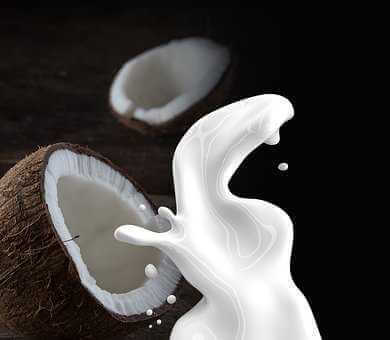Are you considering a plant-based milk alternative? If so, you probably understand the dangers of dairy. Once upon a time (in the unfortunately not too distant past) you were told to get several servings of dairy each day. At least a couple of generations were raised on the “milk is good” nutrition attitude that has caused a lot of health problems for so many people.
We now know that dairy products like milk don’t necessarily lead to improved bone health. That was one of the big selling points of milk. A Swedish study showed that when women drink more than 3 glasses of milk a day, they increased their rate of dying over 20 years by 100%. Multiple studies have shown an increased risk of contracting type I diabetes, several cancers, high cholesterol, acne and pro-inflammatory conditions on a diet which includes dairy milk.
Which Plant-Based Milk Alternative Should I Use?
If you’re reading this short article, you are looking for answers. You understand that dairy milk can be replaced by milks made from a plant base. The problem is, you see these types of products everywhere. So, should you try soy milk or almond milk? What is the difference? Are there any other plant-based alternatives? Let’s take a look. (The following numbers are averages, and depend on the brand and flavor you purchase.)
Soy milk – This plant-based milk alternative delivers about 110 cal per serving, against just 4 or 5 g of fat. You receive 8 g of protein, 30% of your recommended daily allowance (RDA) of vitamin D, and 45% RDA of calcium. Additional benefits include magnesium, phosphorus and vitamin B 12.
Almond milk – You can count on just 30 to 35 cal and 2.5 g of fat per serving. You also receive 45% of your calcium RDA, and 25% of your vitamin D RDA. Extras include magnesium and vitamin E.
Rice milk – Expect about 120 cal, 2.5 g of fat, 1 g of sugar and 30% of your calcium RDA per serving. You also receive 25% of your vitamin D RDA, as well as phosphorus and vitamins A and B 12.
Coconut milk – You get 10% of your calcium RDA and 30% of your daily vitamin D allowance. You receive zero protein, 7 g of sugar, healthy fatty acids, vitamins B12 and A, and magnesium as well.
Cashew, hemp and kefir milks are also available, but the 4 milks just covered are the most popular.
Remember, most plant-based milk alternatives have less protein than dairy milk. The exception is soy milk. Coconut milk delivers more saturated fat than whole dairy milk, but research has shown that particular type of fat is healthy. Also, look for versions with added protein, omega-3 fatty acids, calcium and other wonderfully healthy nutrients. With more than 50 new milk substitute products as of 2015, you have a lot of choices. Just make sure to read the nutrition label on any type of milk product you buy, and try to steer clear of whole dairy milk whenever possible.

